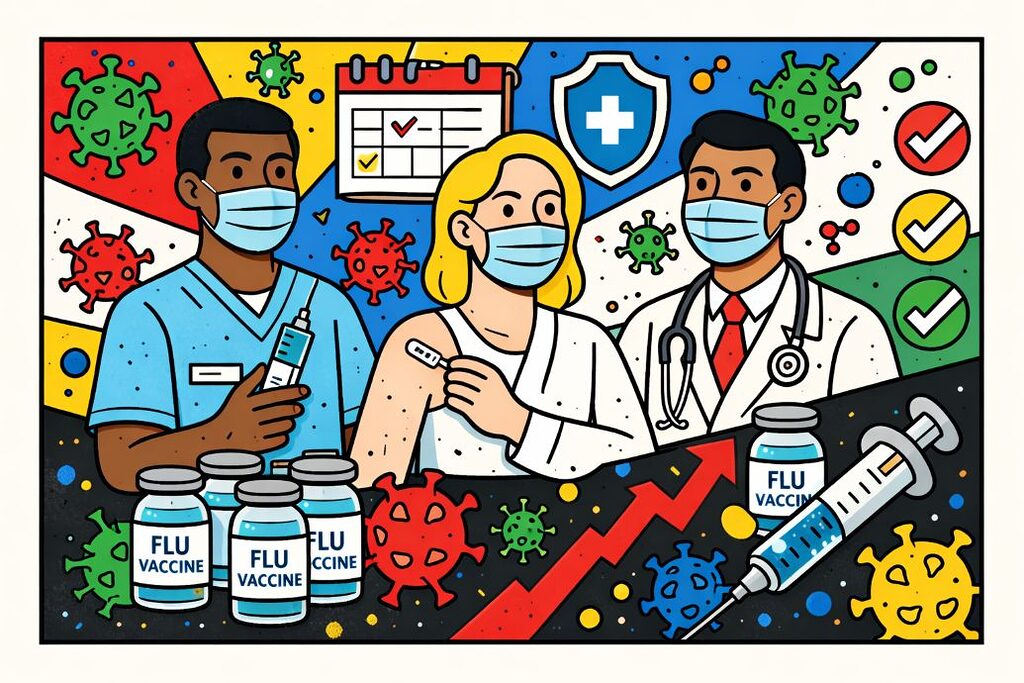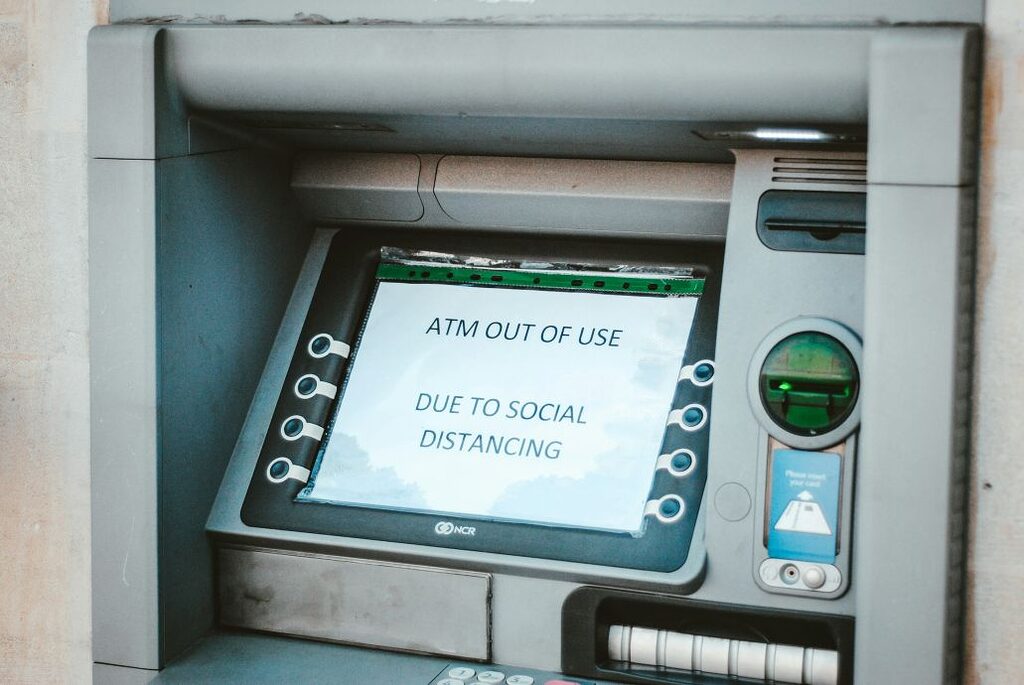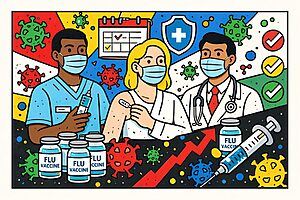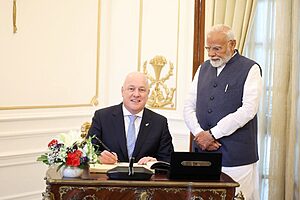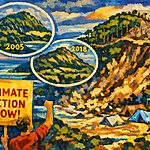Summarised by Centrist
Bread lovers rejoice! A new study reveals insights into how these macronutrients – carbs, fats, and proteins – affect our blood sugar levels.
Traditionally, carbohydrates are known to spike insulin the most, followed by proteins and then fats.
However, researchers have discovered that some people’s bodies may respond more to proteins or fats than to carbs.
About 9% of participants had a stronger insulin response to proteins, while 8% reacted more to fats.
The research showed that people with type 2 diabetes might have different insulin responses based on their nutrient intake.
For instance, those with a heightened insulin response to proteins often had similar long-term blood sugar levels as others, despite their diabetes status. This suggests that individual differences play a significant role in how our bodies handle different macronutrients.
These findings imply that a one-size-fits-all approach to diet might not be effective for everyone.
Personalised nutrition strategies could be more beneficial, helping individuals manage their blood sugar levels more effectively by tailoring their diet to their unique insulin responses.
This research opens the door to personalised dietary plans, potentially revolutionising how we approach diabetes management and overall health.







